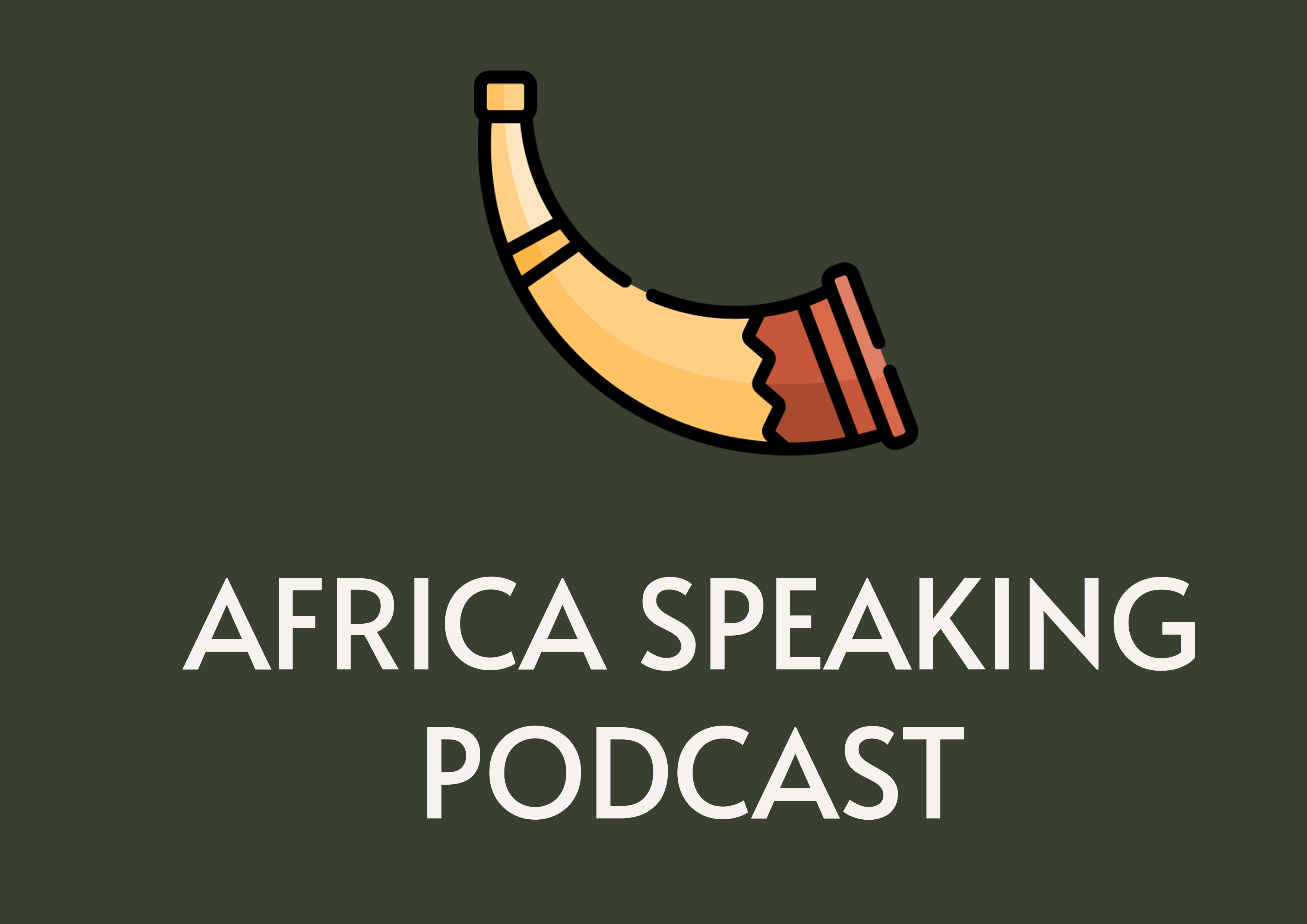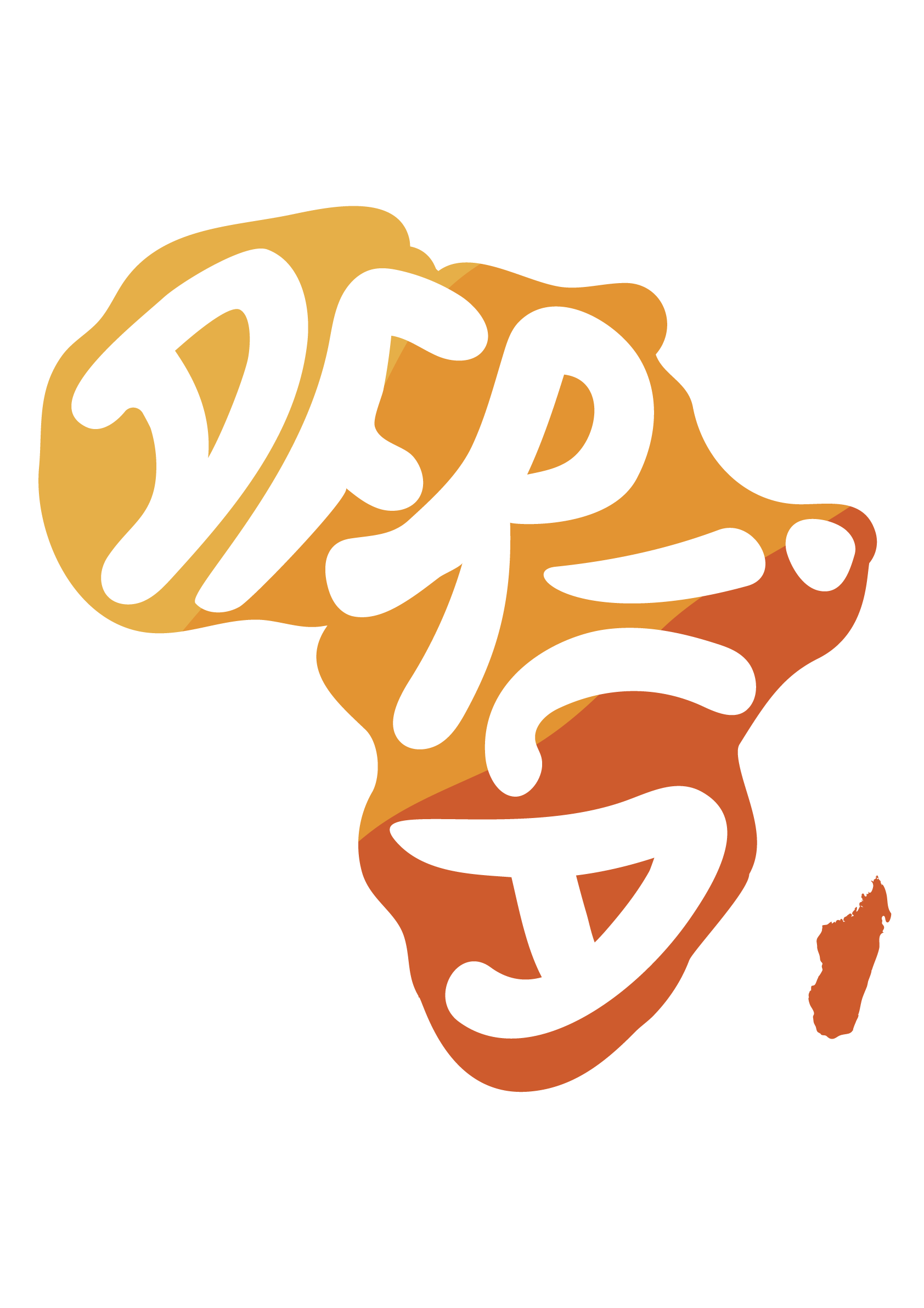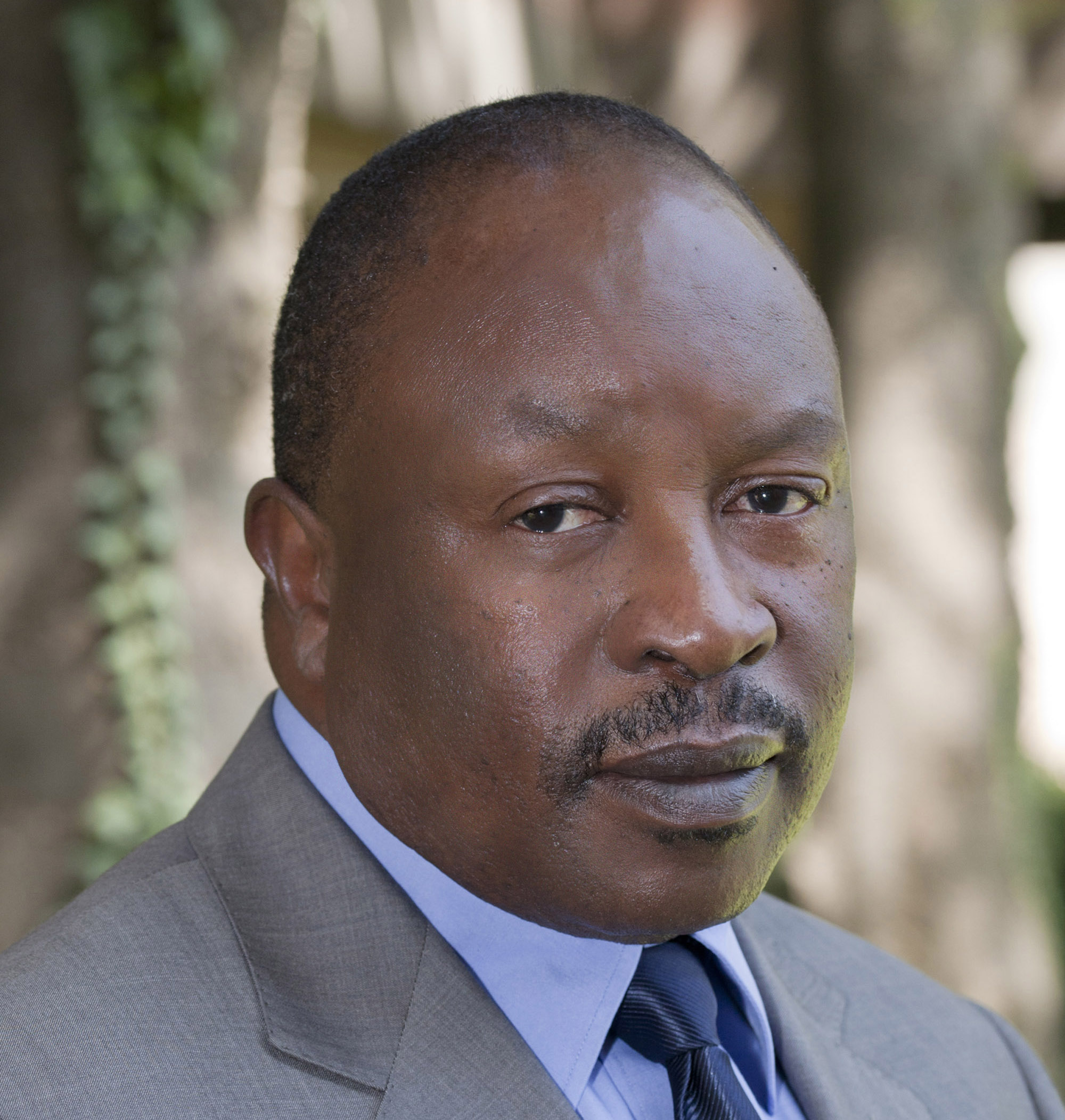
AFRICAN STORIES. AFRICAN VOICES
SHARED STORIES
The Podcast discusses political, economic, social, cultural and environmental issues affecting the continent while at the same time delving into particular national and regional concerns.
shared voices
The podcast presents an opportunity for knowledge sharing and learning, and gives priority to African voices from the continent and the diaspora

Africa Through Our Lens
When European colonial powers took control of most of Africa during the second half of the nineteenth century, they disrupted lives in fundamental ways.
While there were conflicts over resources, migrations, the rise and decline of kingdoms, and trade, there were also varied systems for dispute resolution, social integration, community well-being, and transfer of power between generations.
The colonial encounter did not erase all the formations and values that predated it. Many endured as points of references, narratives, or frames of representation.
VIEW EPISODESEMPIRE BUILDING AT AFRICA'S EXPENSE
The European empire building project was based on a philosophy of racial superiority and many Europeans celebrated the appropriation of land and the looting of assets of others. The 1884-1885 Conference in Berlin was aimed at setting the rules of colonization and the partitioning of Africa. The consequences of that Conference are felt to this day in Africa. They are part of what the podcast discusses.
SLAVE TRADE
Until the mid-1800s, European powers focused on controlling trading centers and ports along the African coastline, with no significant territorial penetration with the exception of South Africa where Dutch colonists –the Boers- had settled in the 1650s. They were involved slave trade, even as they sold weapons, textiles and different consumer goods.
PROPERTY
But after the mid-1800s the Scramble for Africa began in earnest driven by the need for raw materials and new markets, and the intensification of European rivalries. Missionaries, traders, soldiers and explorers were let loose in Africa.
GOVERNANCE
The podcast also discusses African governments and the choices that leaders in various domains of life - in politics, economics, religion, security, culture and so on - have made. How have they designed policies and what have been their ramifications?
This podcast shares a diversity of perspectives about Africa. It recognizes that no singular voice can speak about issues affecting the continent. Instead, it is in the diversity of voices that we get a better understanding of it. The goal is not to have the final word, but rather to open up opportunities for further reflection and debate about Africa.

AfricaSpeaking is a major resource on the experiences of the African people. It drives on the knowledge of African intellectuals wherever they are located.
The platform is hosted by Professor Kimani Njogu, a linguist, writer, and cultural theorist who is also the Founder of Twaweza Communications.
Prof. Kimani Njogu
Prof. Kimani Njogu is the Founder and Chief Executive Officer of Twaweza Communications, which he started in 2000. Prof Kimani has extended experience in language, culture, leadership, governance, culture and behavior change. Prof. Kimani was awarded Champion of Democracy by the Ford Foundation for his continued efforts in advancing democracy in Kenya. His Kiswahili book on the teaching of literature won the 2000 Noma Award for Publishing in Africa. Prof. Kimani Njogu was recently awarded the Order of the Golden Warrior by H.E. Uhuru Kenyatta President of Kenya, for his work in media, culture and the arts. He holds a Ph.D. from Yale University (1993)